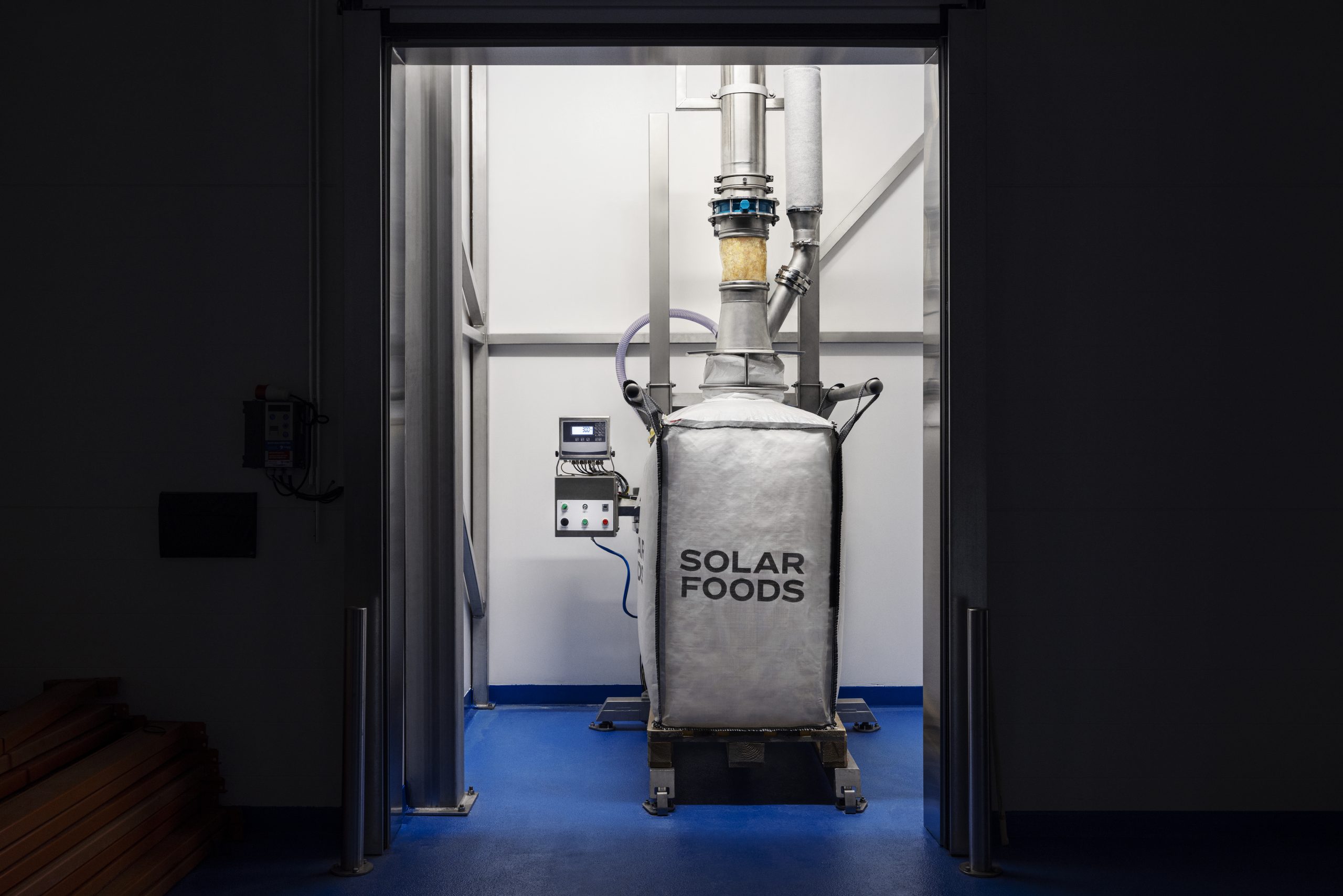Made famous by The Omnivore’s Dilemma, Polyface Farm is the destination of choice for discerning tourists with a passion for great food—and sustainable agriculture.
Diane Daniel |April/May 2010 issue
“I’m from a long line of out-of-the-box thinkers, and we’ve been on this lunatic train for a long, long time,” proclaims ruddy-cheeked Daniel Salatin during his introduction to what is perhaps America’s most sought-after farm tour.
“Let me give you some housekeeping rules,” he booms. “There are none.”
The 75 of us on the tour smile conspiratorially from our perches on hay bales lined up along the floor of a flatbed trailer. Soon, we will be pulled by tractor through Polyface Farm in Swoope, Virginia, a food and farming mecca of sorts, thanks to its dedication to sustainable practices and the prominence of the Salatins, especially patriarch Joel, a farmer, author and speaker who had prominent roles in The Omnivore’s Dilemma, Michael Pollan’s 2006 best-selling critique of industrial farming, and in the 2009 documentaries Food, Inc. and Fresh, both examinations of our modern food system.
While Polyface Farm leads the flock in name recognition, it is but one of hundreds of farms around the world opening their doors to a public hungry for an up-close look at how their food is grown or raised. Be they family-run or supported by an entire community, these farms are pushing back against the industrial food model by implementing sustainable agricultural practices, and they encourage the public to come see how it’s done.
That’s what we, the faithful and the curious, along with our families and two groups of college students, have come to do at Polyface, deep in the Shenandoah Valley. We have gathered together to hear the gospel according to the Salatins.
While the Obamas may have planted an organic garden at the White House, the Salatins are arguably America’s first family of farming. Father and son run this self-proclaimed “beyond organic” livestock farm, which Joel’s father started in 1982. On the day we visited, Salatin Sr. was out of town on one of his many speaking engagements, though he does regularly lead tours to the delight of his fans.
Polyface has been widely praised by sustainable-farming and local-food advocates for its commitment to Earth- and animal-friendly practices, including rotational grass grazing, humane treatment and local processing. With an annual average population of 6,500 laying hens (for eggs), 24,000 broilers (for meat), 1,000 head of cattle, 200 hogs, 500 turkeys and 250 rabbits, Polyface is classified as a commercial farm, but it’s on the smaller side, defiantly spurning one-size-fits-all United States Department of Agriculture regulations. One of Joel Salatin’s most popular books is titled Everything I Want to Do Is Illegal: War Stories from the Local Food Front.
“We have an open-door policy,” continues Daniel Salatin, 29, donning an Australian bush hat like his father’s before leading us on a fascinating and fact-filled two-hour-plus tour of a tiny portion of Polyface’s 100 acres of pasture (an additional 450 acres are wooded). “There are no copyright issues here,” he bellows over the wind. “It’s all about everybody else doing it—the consumer, the customer, the farmer. We share what we know.” In contrast, imagine the top dogs at mega-industrial farm Perdue saying such a thing, or allowing visitors to see their operations at all. (They don’t.)
To the Salatins, transparency is more than a buzzword. After Omnivore’s Dilemma hit the bestseller list, requests to see the farm grew to the point that the family began to offer regular guided tours, hosting some 3,000 people last year. For many years, visitors also have been able to take free self-guided tours Monday through Saturday. Joel and his wife, Teresa, are making one concession to privacy. This spring, they’re putting up a “rustic fence” around their yard and modest farmhouse, with a sign noting that the home is private.
“We realize that there’s no better way to get our message out than having folks come to the farm,” Joel Salatin notes later. “Actually seeing it, touching it, smelling it is magic. Then they get it.”
Our group is certainly appreciating the sensory experience. After chugging up a sloping hill for a few minutes, we come to a stop at the open-bottomed cages the famed Polyface broilers would soon go into to peck at feed and fertilize the soil.
As we hop off the trailer bed, Daniel Salatin starts the sermon and we listen like faithful congregants.
“We’re land stewards,” he says. “What excites us is to see land heal. All of that hinges on making earthworms and soil happy and healthy,” he adds, pointing to the dirt below our feet.
As directed, we bounce on the spongy earth, oohing and aahing over its richness and texture, created by nothing less than earthworm excretions.
“As the first spring tour, you’re probably the only ones who get to see the pig-aerators,” Salatin announces on the way to the next stop.
The crowd murmurs excitedly. Many have read about this Polyface practice. Instead of removing the manure that cows produce during the winter, the farmers let it pile up. All the while they add small amounts of corn, like frosting on a layer cake. In early spring, when the cows are taken out to pasture, the pigs are brought in to root for the corn, turning the soil over and over. The end result: a rich compost.
“We’re standing on literally tons of cow manure, and I’m not smelling much, if any,” Salatin says after we reach the corral of 22 grunting pigs. We nod in agreement. Not a bit of stink.
“Look at this compost,” he says, scooping up a steaming handful and stretching out his arm to the crowd. “If anyone wants to grab this and feel how warm it is, go ahead.” Surprisingly, there are no takers.
On we go to the cow pasture, where the farm’s much-followed technique of rotational grazing is put into action. “All the animals are moved onto fresh pasture several times a week,” Salatin explains. We observe a few hundred cows spread around a large hillside paddock, munching on grass. “They never get an ounce of grain. And then behind these guys will come 1,000 chickens.”
Our final stop at the chicken nursery is the ultimate child pleaser, as it teems with thousands of adorable day-old peeping chicks. As cute as they are, in three weeks, these broilers will be in the fields. Five weeks later, they’ll be ready for slaughter.
At the end of the tour, Salatin hangs around to answer questions one-on-one. Most of us file into the farm store, a small concrete building that will be replaced this year with a new one, but nothing too fancy, we’re told. Here, guests can buy broilers to eat at home, processed right on the farm, as well as steaks, pork and even dog food. We don’t have a cooler, but we do plan a side trip to nearby Staunton for a meal at Zynodoa, one of about 30 regional restaurants that use Polyface products.
One of the shoppers this day is Amy Troppmann, a Polyface fan who lives three hours northeast in Lovettsville. She picks up a pound of ground beef ($4.25) and a dozen eggs ($2.50 medium, $3.75 large).
“I’d read Omnivore’s Dilemma and was very excited to hear that Polyface was so close. It’s a thrill to be here,” she says. With Troppmann are her parents, visiting from Cincinnati, who also had been eager to visit the famous farm, and say it was a highlight of their stay. “I was particularly struck by the pig-aerator and the lack of smell,” Troppmann says, as if cued by Joel Salatin. “And the animals all look so happy.”
We linger for an hour or so, listening to the wide-ranging questions posed to Daniel Salatin and a fellow farmhand about everything from soil chemistry to brooding methods. Finally, we head into town. After all this talk about farming and food, it is time to eat.
Diane Daniel wishes Polyface were farther south so she could put it in her upcoming guidebook, Farm Fresh North Carolina. farmfreshnc.com











